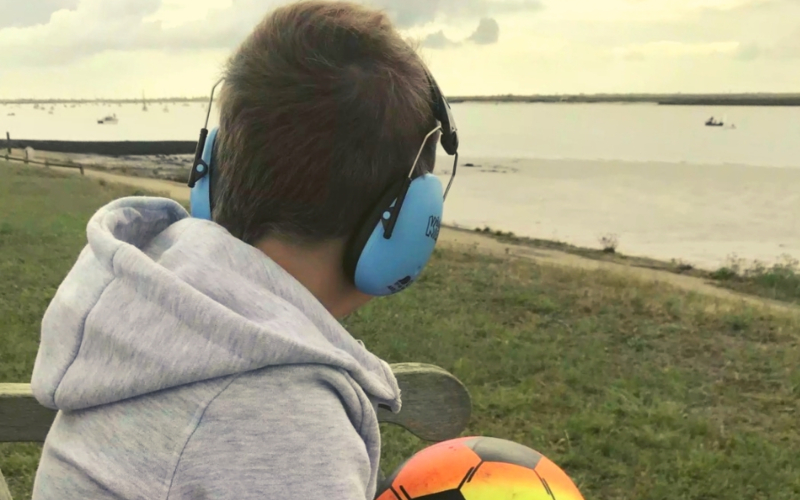As a dad of two autistic sons, there have been many things over the years that I wasn’t prepared for, or had any real understanding of before they happened.
There’s been no speech in nearly 11 years, sensory challenges, meltdowns, anxiety, and a severe lack of sleep.
But one of the biggest issues to rock me was when the subject of medication was first discussed for my son Jude, who was 6 at the time.
Jude had been having severe meltdowns for more than 2 years and was becoming increasingly violent in his self-harming.
It was happening every day, sometimes more than 20 times a day.
It was heartbreaking to watch.
Still, I was shocked by the suggestion. How could medication be the answer? Surely he was too young. I didn’t want him to become a zoned out zombie, surely that’s what they were implying.
Once I got over my initial thoughts and considered it further I began to calm down and see some reason.
For some of you out there, medication may already be an essential part of your child’s daily life, either for a physical or mental health issue.
For others, you might be shocked that doctors would prescribe something like that for someone so young.
But that’s the reality of the size of the challenge Jude was facing every day, even though he was only 6.
If a child’s problems were physical then there would be no hesitation in prescribing what they need to live a better life.
If he has a chemical imbalance causing such high anxiety, leading to frequent meltdowns, shouldn’t we do everything we can to try and change that?
Yet when it comes to mental health, the subject is still largely taboo, and one that many know very little about.
After more than a year or tests, observations, meetings with specialists, and my own research, we decided to give the medication a try.
We knew all of the possible side effects (increased appetite, headaches, stomach problems, drowsiness, increased anxiety) but decided it was worth the risk if the upside was a big reduction in anxiety, and in turn his self-harming.
Starting on the smallest dose, and monitored regularly by the mental health team, we gave it a try.
Fast forward 4 years and my son is a completely different boy than he was back then.
The medication seems to have just lowered his anxiety to a state that he’s more comfortable every day.
He starts off at a lower point, is more open to the world around him, and not liable to overload at the slightest noise or disruption to his sense of calm.
There’s been no drowsiness or drooling, the images that first entered my mind when I thought of medication.
It’s not been a miracle cure.
There have been a number of changes that we’ve implemented alongside it to also help in reducing his anxiety, but overall the difference is amazing.
He’s still on that initial low dose (we’ve tried weaning him off but the old behaviours returned) and no visible side effects that are of any concern to the doctors so far.
As fate would have it, we’re now about to go through the same process with his brother, Tommy, who is nearly 8.
Although completely different, Tommy has also reached a sage where he’s really struggling to regulate, to control his emotions.
He’s currently being assessed for ADHD and has regular aggressive and destructive meltdowns.
Medication might be the solution, or it might not. But it is an option that is being discussed. Having been there before it’s no longer a shock.
If all the reports come back with it as a recommendation, and after researching it still seems a good option, then we will give it a trial.
We owe it to him to do everything we can to make life more stable, more enjoyable.
Medication isn’t the right solution for everyone.
I wish that it wasn’t the solution that Jude (and possibly Tommy) needed, but it appears they do.
I just hope that we can talk about these things more openly, that the stigma is taken away from medication for mental health reasons.
So that if one day this is an option for your child, it’s not as scary as it first seems, and you can make the best decision you can for them
